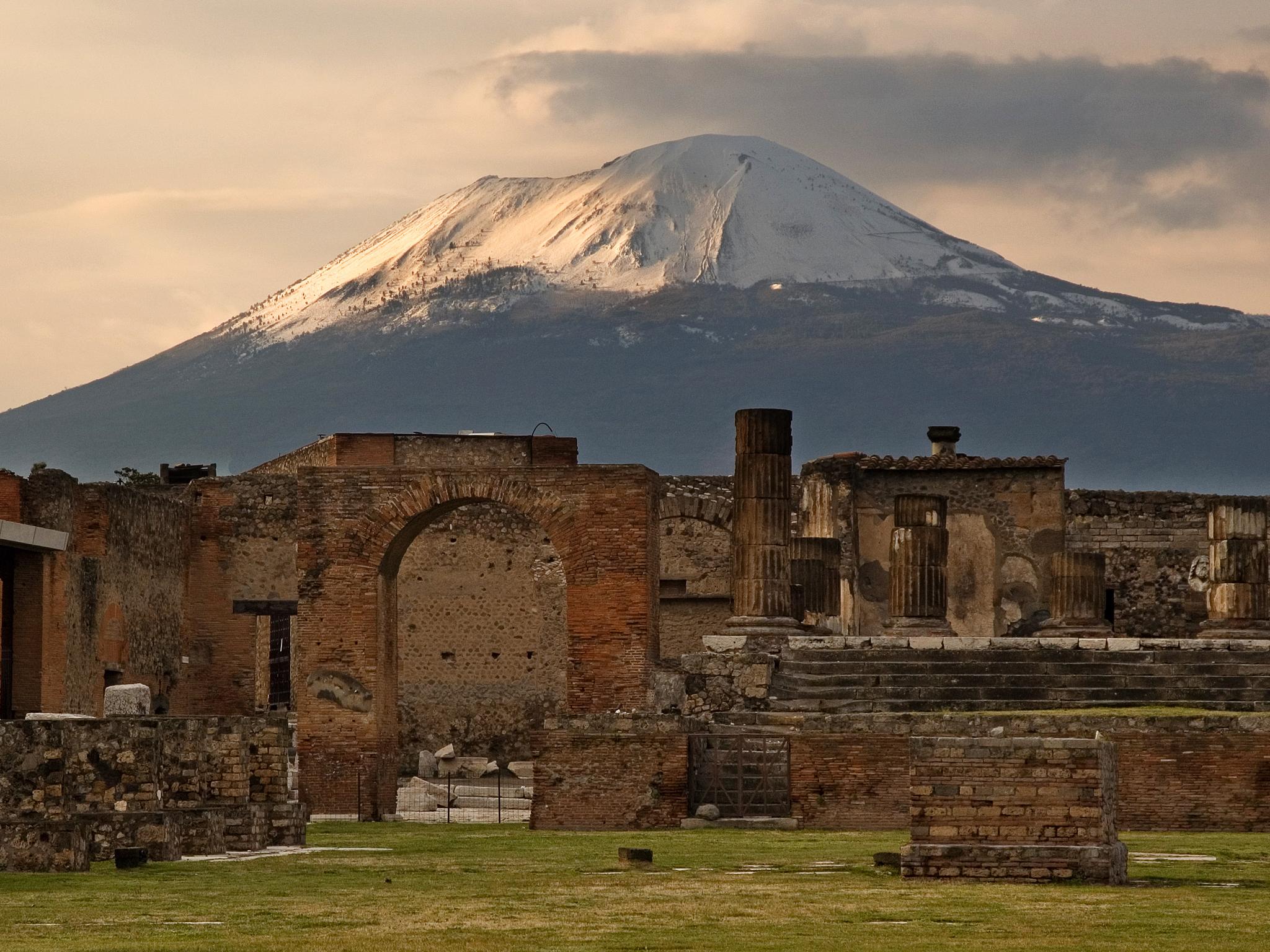Was Pliny the Elder’s heroic death in the face of Pompeii’s destruction a work of fiction?
We’re told by his nephew, Pliny the Younger, that the ancient polymath was found ‘intact and uninjured’ after the eruption of Vesuvius. But, as Kevin Childs suggests, there is very little evidence

He died in a catastrophe which destroyed the loveliest region of the earth, a fate shared by whole cities and their people, and one so memorable that it is likely to make his name live forever.”
The ancient Roman writer, Pliny the Younger, begins his description of his uncle’s death by conjuring up an event which had already become legend by the time he memorialised it. He was writing to the historian Tacitus many years later. The uncle, known as Pliny the Elder, was one of the most famous victims of the eruption of Mount Vesuvius in AD79 which buried “whole cities and their people” under ash. Pliny the Elder’s death was important to Tacitus because he was a famous author – his magisterial Natural History is still read today for its insights into the ancient world. Pliny the Elder was also the hero of Vesuvius. Not content to observe the disaster unfold before his eyes, he put himself in peril to help those trying to flee the volcano, launching the first humanitarian rescue mission in recorded history.
Recent reports from Italy say they’ve identified his skull, or part of it. The fragments of bone were dug up in 1900 near the site of the ancient town of Stabiae on the Bay of Naples, along with some highly significant jewellery and equipment – a fancy sword of the type carried by senior naval officers, a chain of office, a gold ring and distinctive gold bracelets. Dismissed at the time as improbable fantasy, the bones have been subjected to modern forensic testing and the result is that, almost certainly, they do indeed belong to Pliny the Elder.
Subscribe to Independent Premium to bookmark this article
Want to bookmark your favourite articles and stories to read or reference later? Start your Independent Premium subscription today.
Join our commenting forum
Join thought-provoking conversations, follow other Independent readers and see their replies